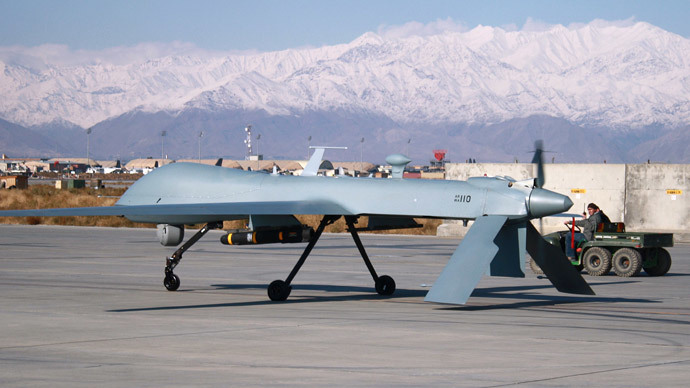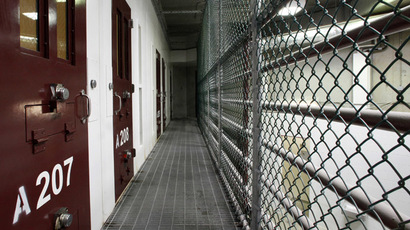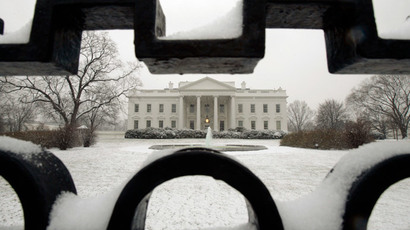UN hammers US human rights record on spying, torture, drones and death penalty

A UN report hammers the United States’ human rights record, denouncing vast surveillance, ongoing unaccountability for torture, deadly drone strikes, one of the world’s highest death penalty counts, and mass incarceration, among other black marks.
The United Nations human rights committee issued its assessment of the US and how it complies with the International Covenant on Civil and Political Rights (ICCPR), a UN General Assembly treaty in force since 1976.
The committee, led by British law professor Sir Nigel Rodley, focused most prominently on the National Security Agency’s global surveillance regime, revealed via classified documents leaked by former NSA contractor Edward Snowden last June.
The 11-page report, according to the Guardian, said the collection of communications gathered from US-based telecom and internet companies through the PRISM operation, among others, was an affront to the right to privacy. The secretive legal oversight supposedly in place to protect privacy, the report went on, failed dramatically to respect the rights of those whose communications were wantonly collected amid the NSA’s assortment of spying programs.
The UN urged the US to reform its surveillance tactics to comply with US law and the nation’s obligations under the ICCPR.
On Thursday, President Barack Obama proposed a plan that would restrain some NSA spying, most notably the bulk collection of domestic telephony metadata.
The report criticized the complete failure to investigate, much less prosecute, senior US officials and private contractors for their complicity in the post-September 11, 2001 “war on terror”torture complex. A “meager number” of criminal charges for torture and targeted killings had been brought against low-level figures, the report said.
The report noted that, in 2012, all investigations into the kidnappings that occurred through the CIA’s extraordinary rendition program were closed, and details of the operations remain hidden from the public.
The US was asked to "ensure that all cases of unlawful killing, torture or other ill-treatment, unlawful detention, or enforced disappearance are effectively, independently and impartially investigated, that perpetrators, including, in particular, persons in command positions, are prosecuted and sanctioned.”
The UN committee – a panel of 18 experts from a variety of countries – also excoriated America’s broad justifications and problematic rationale for targeted killings with the use of unmanned drones. The US claims the preemptive strikes against so-called terrorists and insurgents in Afghanistan, Pakistan, Yemen, and Somalia are part of its war against Al-Qaeda and the Taliban, though many civilian deaths have occurred in the process.
The UN urged a review of the legal framework that the US uses to execute supposed militants overseas.
The committee further chastised the US government’s ongoing failure to close the prison at Guantanamo Bay, where about half of the 154 detainees have been approved for release, yet the Obama administration must find resettlement or repatriation options for them. Forty-five captives are held indefinitely, without charges or a trial.
As for domestic prisons, the committee said there was a gross disproportion of black inmates in US jails.
The report noted the “still high number” of fatal shootings by police forces, especially in Chicago.
The report also expressed concern about the ongoing use of death penalty in 16 US states.
A new report released Thursday by Amnesty International found that in 2013, the US ranked fifth in the world with 39 executions. The 2013 total was actually an improvement from 2012. Also, 2013 saw more states abolish the use of capital punishment. In May, Maryland became the latest of 18 to do so.
Ahead of the US in executions was Iran (369+), Iraq (169+), Saudi Arabia (79+), and China, whose secrecy hinders an accurate total. Amnesty said, though, that China’s amount of executions in 2013 was likely more than all other countries combined.
Totals for countries with likely high numbers of executions - such as Syria and Egypt - were not available.













